This curated selection of films delves into the fascinating world of biology through the lens of cinema. Each film offers a unique perspective on the life and work of biologists, showcasing their dedication, discoveries, and the impact of their research on society. Whether you're a science enthusiast or simply enjoy compelling storytelling, these films provide both entertainment and education, highlighting the often unsung heroes of the scientific community.
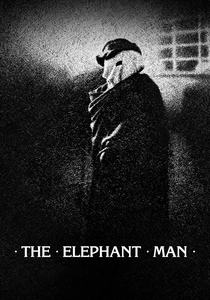
The Elephant Man (1980)
Description: Although not a biologist, Dr. Frederick Treves, who cares for Joseph Merrick, represents the medical and biological study of human anomalies, providing insight into the biological and ethical considerations of such cases.
Fact: The film was nominated for eight Academy Awards, including Best Picture.
 Watch Now
Watch Now
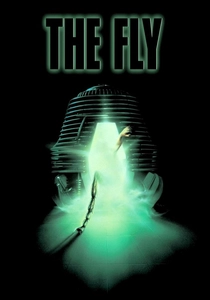
The Fly (1986)
Description: A scientist's experiment with teleportation goes awry, blending his DNA with that of a fly, exploring themes of genetic manipulation and the consequences of biological experiments.
Fact: The film's special effects, particularly the transformation scenes, were groundbreaking for their time.
 Watch Now
Watch Now
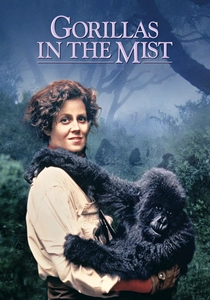
Gorillas in the Mist (1988)
Description: This film follows the life of Dian Fossey, a primatologist who dedicated her life to studying and protecting mountain gorillas in Rwanda, offering a poignant look at the intersection of biology and conservation.
Fact: The film was shot on location in Rwanda, where Fossey conducted her research.
 Watch Now
Watch Now
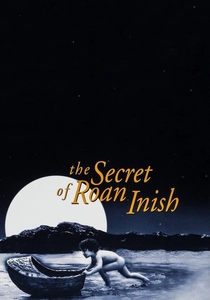
The Secret of Roan Inish (1994)
Description: While not about a biologist, the film delves into folklore involving selkies, creatures that blend human and seal biology, offering a magical take on biological themes.
Fact: The film was shot in Donegal, Ireland, capturing the natural beauty of the region.
 Watch Now
Watch Now
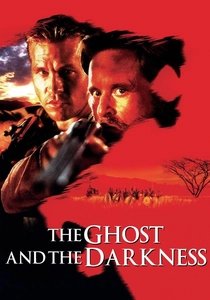
The Ghost and the Darkness (1996)
Description: This film, while more about hunters, involves a biologist's perspective on the behavior of man-eating lions, providing a biological context to the narrative.
Fact: The film is based on real events that took place during the construction of the Kenya-Uganda Railway.
 Watch Now
Watch Now
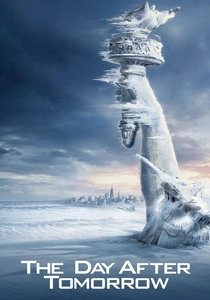
The Day After Tomorrow (2004)
Description: Although primarily a disaster film, it features a paleoclimatologist whose work in understanding climate change has biological implications for survival and adaptation.
Fact: The film was criticized for its scientific inaccuracies but praised for its visual effects.
 Watch Now
Watch Now
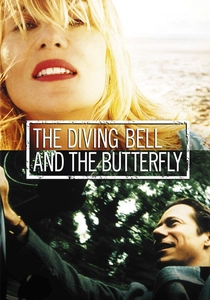
The Diving Bell and the Butterfly (2007)
Description: This film, while focusing on a journalist, explores the biological and psychological effects of locked-in syndrome, a condition that severely limits physical movement but leaves the mind intact.
Fact: The film was shot from the perspective of the protagonist, Jean-Dominique Bauby, to reflect his condition.
 Watch Now
Watch Now
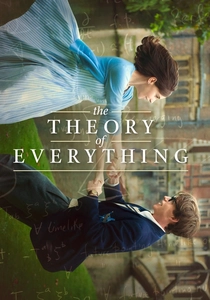
The Theory of Everything (2014)
Description: While not strictly about a biologist, this film explores the life of Stephen Hawking, whose work in theoretical physics has profound implications for biology, particularly in understanding the universe's origins and the potential for life elsewhere.
Fact: Eddie Redmayne won an Academy Award for Best Actor for his portrayal of Stephen Hawking.
 Watch Now
Watch Now
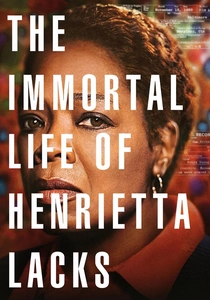
The Immortal Life of Henrietta Lacks (2017)
Description: This film tells the story of Henrietta Lacks, whose cancer cells were taken without her knowledge and became one of the most important tools in medicine, highlighting ethical issues in biological research.
Fact: Oprah Winfrey stars as Deborah Lacks, Henrietta's daughter, in this HBO film.
 Watch Now
Watch Now
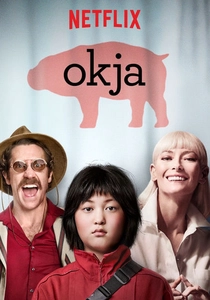
Okja (2017)
Description: This film follows a young girl and her genetically modified super-pig, exploring themes of biotechnology, animal rights, and the ethics of genetic engineering.
Fact: The film was produced by Netflix and had its world premiere at the Cannes Film Festival.
 30 Days Free
30 Days Free









